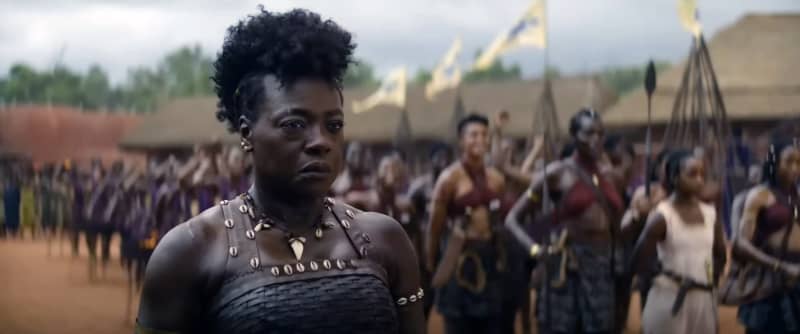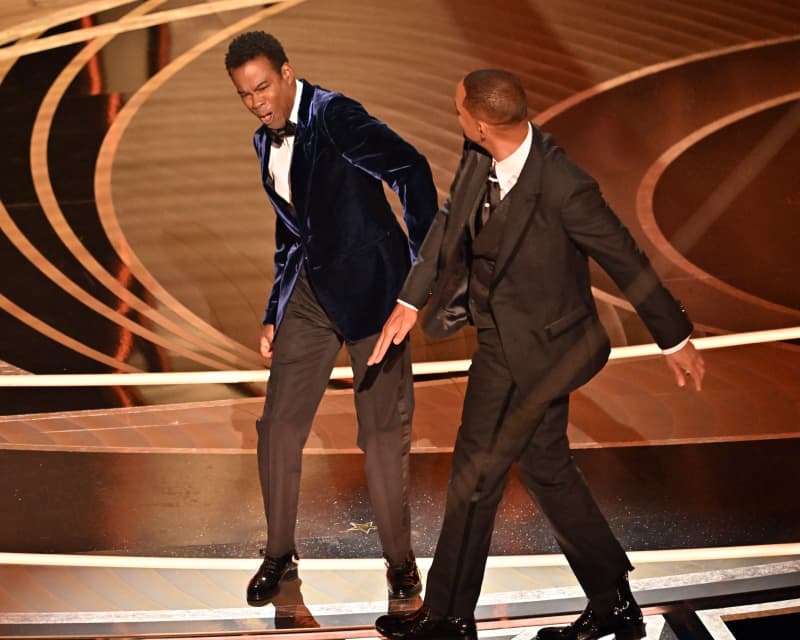
The strange little science fiction film Everything Everywhere All at Once is the frontrunner at Monday night’s Oscars, writes film journalist Anton Vanha-Majamaa.
Are these the best Oscars of all time?
The 1940s were great too, but the Best Picture category feels more classy than it has in years.
The studio spectaculars *Top Gun: Maverick* and *Avatar: The Way of Water*, loved by audiences and critics, saved a financially difficult year and *Elvis* did well. The German *Nothing New on the Western Front* was a Netflix hit, picking up no fewer than nine Oscar nominations.
The status of *Everything Everywhere All at Once* as a pre-favorite shows how much has happened in a few years. The Oscars still have a reputation as a gala where Hollywood celebrates certain feel-good dramas and biographies, but the truth is something completely different.
What does an Oscar film mean anymore?
Thousands of new members have been invited to the Academy of Motion Picture Arts and Sciences in recent years. A large part of them are non-white American men.
The result of this is that no one really knows how to please the academy anymore.
For a long time, it was thought that it would succeed with a melodrama, an inspiring biography or a movie about making movies. But in 2017, instead of the musical *La La Land*, the African-American LGBTIQ drama *Moonlight* was chosen as the best. In 2020, the Korean class satire *Parasite* was awarded, and the war epic *1917* and *Once Upon a Time in Hollywood* were left licking their fingers.

It is also difficult to consider the lizard sex film *The Shape of Water* and the anti-capitalist *Nomadland* as very traditional Oscar winners.
The Hollywood era *Babylon*, which told the birth of the sound film, received a miserable three Oscar nominations this year, even though it should have been exactly what the Oscar Academy loves.
Of course, there are still \”traditional\” candidates. *The Fabelmans* is an emotional big-budget drama, *Elvis* is a blistering biography and *Avatar: The Way of Water* is one of the biggest movies of all time. *There’s nothing new from the Western Front* is a handsome war film that grabbed the technical nominations in particular.
But the pre-favorite is *Everything Everywhere All at Once*, where we fight with anustapes and in the most moving episode of which two women with giant fingers fall in love.
Black authors still offside
The change in the Oscars speaks of a wider cultural shift, where the taste of white men is no longer allowed to determine the canon.
Still, the list was still dominated by white men, and the whole was narrow in the opinion of many.
The same has been said about the Oscars.
There is only one film directed by a woman in the Best Film category, Sarah Polley’s *Women Talking*. There are six men and zero women in the best director category.

A win for cinema
All the discussion about the Oscars must be reflected in the viewership figures. If the gala is not watched, it will not be organized in its current form either. TV galas are a sunset industry, and the industry is haunted by a fundamental question: what is the place of traditional award galas, or films in general, in the 2020s?
The Academy needs to participate in the discussion about representations, but a big acute concern is understandably the appeal of the gala in the eyes of a large audience and advertisers.

But hardly anyone is beaten on stage. It’s a loss for TV, a win for film.
And the film will win this year, crowned the year’s best since *Everything Everywhere all at Once*, *The Fabelmans* or *Top Gun: Maverick*.
*Are you going to watch the Oscars the night before Monday? Join the conversation!*
